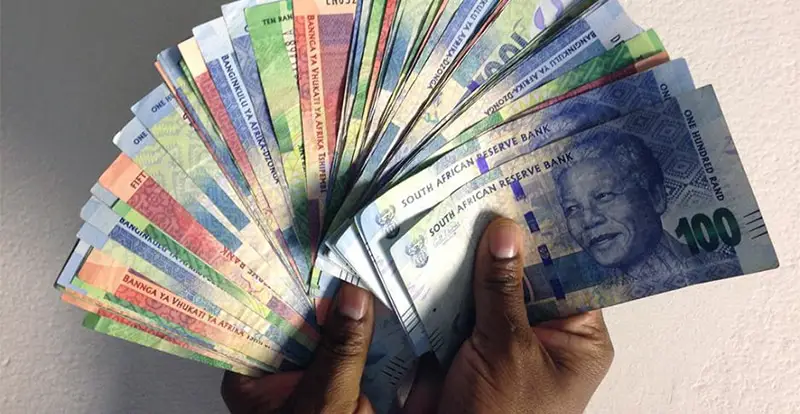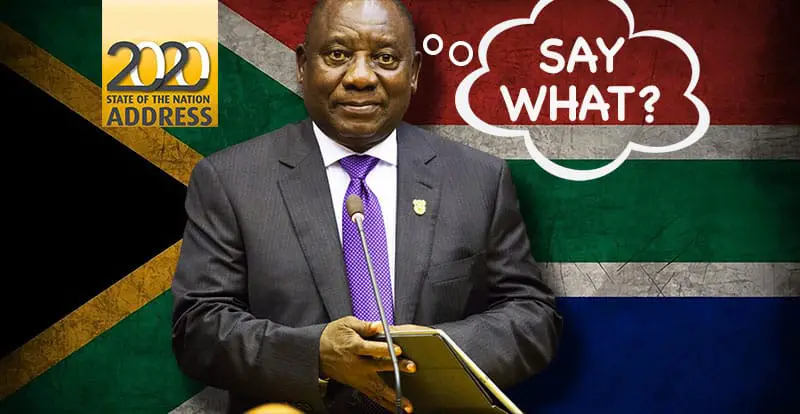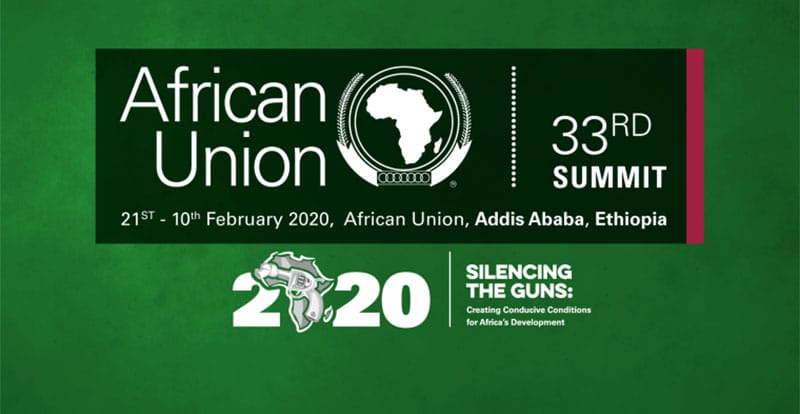State of Democracy Report Reveals Challenges in Africa
ADDIS ABABA, 18 February 2020 – The Global State of Democracy (GSoD) 2019: Addressing the Ills, Reviving the Promise – the second edition of the flagship report of the International Institute for Democracy and Electoral Assistance (International IDEA) – launched in Ethiopia today.
The launch of the GSoD 2019 Report aims to highlight its key findings and discuss its relevance to identify common approaches in order to address the global challenges to democracy and to discuss effective ways to support country efforts at building democracy in the region and worldwide.
Attending the event today, among many other academics, policymakers from the African bilateral donor community, youth representatives, civil society organizations and opinion-makers, were:
- The Commissioner for Political Affairs, African Union Commission, Ms Minata Cessouma Samate;
- The Secretary-General of International IDEA, Dr Kevin Casas Zamora;
- The Ambassador of Sweden to Ethiopia, the African Union, and the UN Economic Commission for Africa, Mr Torbjörn Pettersson;
- The Executive Director, Africa Institute of South Africa, Pretoria, Prof Cheryl Hendricks;
- The University of Johannesburg and Former Member of the Board of Advisers of International IDEA, Prof Annie Chikwhana; and
- The Director, Institute for Development Studies, University of Nairobi, Prof Karuti Kanyinga.
Highlights of key findings for the Africa region
Positive Developments
- The expansion of democracy in Africa since 1975 is second only to Latin America and the Caribbean. Africa has experienced a remarkable democratic expansion in the last few decades, particularly since the early 1990s when many countries in the region introduced multiparty elections.
- In 1975, 41 countries were non-democracies while only 3 countries were classified as democracies. By 2018, the share of democracies had increased fivefold to 20 countries, making democracy the most common regime type in the region (41 per cent).
- Representative Government has been strengthened in Africa. Of the 20 countries categorized as democracies, the large majority have mid-range levels of Representative Government. However, only one country (Mauritius) has a high level of Representative Government.
- Between 1975 and 2018, the gains recorded on Representative Government were followed by advances on Checks on Government and Fundamental Rights.
- Democratic aspirations in Africa remain strong. Popular mobilizations demanding democratic change in countries with long-standing autocratic leaders have been seen recently in Ethiopia (2014–2018) and The Gambia (2016), resulting in incipient democratic reforms in the former and a democratic transition in the latter after 22 years of non-democratic rule. The large pro-democracy protests that rocked Algeria and Sudan in 2019 also testify to the growing demands for democracy in enduring hybrid and non-democratic regimes in the region.
- Civil Liberties are one of the best-performing aspects of democracy in Africa. In 2018, 33 per cent of countries had high levels of Civil Liberties. The high performance is concentrated in the subregion of West Africa, followed by Southern Africa. Of the countries that score highly on this measure, 87 per cent (14) are democracies, while only 12 per cent (2) are hybrid regimes. No single non-democratic regime has high levels of Civil Liberties.
- Elections have become the norm rather than the exception throughout Africa. Only four countries in the region (Eritrea, Libya, Somalia and South Sudan) hold no form of elections, scoring zero on Clean Elections and Inclusive Suffrage and, as a result, on Representative Government. Although Libya and South Sudan held elections in 2014 and 2010 respectively, regular elections are not held in these two countries because of protracted civil war. In countries in West Africa such as Liberia and Sierra Leone, democratic elections and stronger governments have replaced long-standing civil wars.
- Of the new third-wave democracies, Tunisia has seen most democratic advances and now scores among the top 25 per cent in the world on seven of its democratic subattributes. The Gambia is another new third-wave democracy that has seen significant democratic advances since its transition in 2017.
Negative Developments
- While democracies hold the largest share of regime type in the region, a total of 11 African countries are still categorized as non-democracies, representing 22 per cent of countries in the region.
- Africa also has the largest share of hybrid regimes in the world, with more than one-third of countries (18) in this category. The latest country to regress into hybridity is Tanzania, in 2018.
- Despite gains in the past decades, the conduct of elections in a number of African countries remains flawed. While the region has witnessed a rise in the number of transitions from ruling to opposition parties, many countries have failed to enact key reforms that would enhance the integrity of electoral processes. Disputed elections are a common feature of electoral processes in the region, sometimes leading to the outbreak of election-related violence.
- Another set of challenges to democratic consolidation seen in many parts of Africa today relates to conflict and civil war. In several countries, earlier gains have been reversed due to violence, a return to military rule, or failure to transform the political process.
- An array of challenges inhibits the implementation of regional and country-level initiatives in Africa on gender equality. To varying degrees, women in Africa lack equal access to political power and socioeconomic status, and their inclusion remains a major hurdle for most countries.
- Despite the expansion of democracy in the region, several countries have experienced significant declines in recent years. Such declines are discernible in countries such as Egypt which, following the Arab Uprisings, experienced further democratic declines and deepening autocratization.
- Judicial Independence is one of the weakest aspects of democracy in Africa. Levels of Judicial Independence are low in almost half of the countries in the region.
- Africa is the region with the highest levels of corruption as well as the highest share of democracies with high levels of corruption. High levels of corruption are highly correlated with low levels of human development. This, therefore, has detrimental effects on sustainable development in the region.
Africa and the Sustainable Development Goals (SDGs)
SDG 16: Peace, Justice and Strong Institutions
As a region, Africa is has made the most progress in implementing Sustainable Development Goal 16 (SDG 16) since 2015, if measured by the number of indicators that have seen more countries advancing than declining. However, significant challenges remain if Africa is to achieve SDG 16; levels of democratic development measured by this goal remain low compared to the world average.
Of the 18 GSoD indicators used to measure progress on SDG 16, 8 have seen more countries in Africa with gains than declines since 2015. This is the case for SDG 16.1 on reducing violence, SDG 16.5 on reducing corruption and SDG 16.10 on access to information and fundamental freedoms. However, SDG 16.3 on rule of law has seen more countries declining than advancing. SDG 16.6 on accountable institutions has also seen declines outnumbering advances for independent judiciaries and civil society participation, but not for parliaments. SDG 16.7 has had mixed results, with gains in Elected Government, Effective Parliament and Social Group Equality, but declines in Clean Elections and stagnation on Electoral Participation and Local Democracy.
SDG 5: Gender Equality
Significant challenges remain in terms of achieving gender equality and SDG 5.5 on the political representation of women. The GSoD measure of (political) Gender Equality for Africa has seen stagnation since 2015, with no countries declining or advancing. Africa has the second-lowest levels of political Gender Equality in the world, after the Middle East.
For more information visit www.idea.int or download the full report here.






